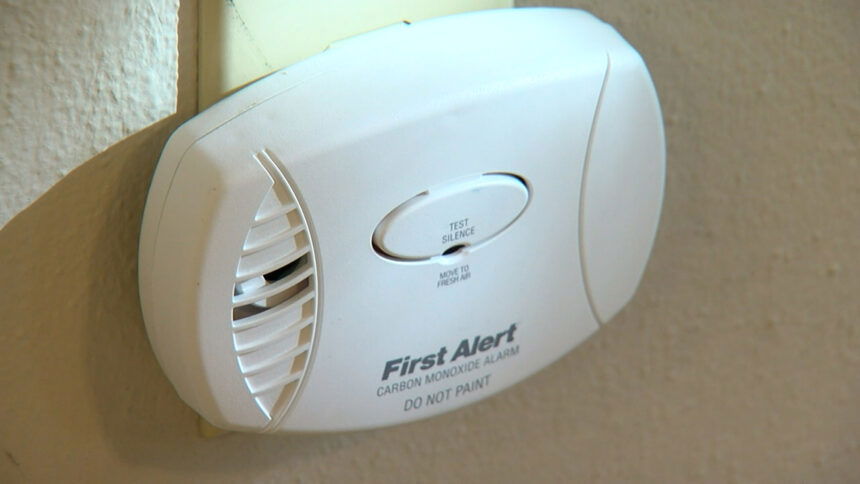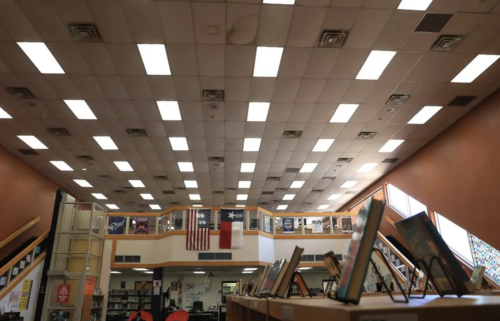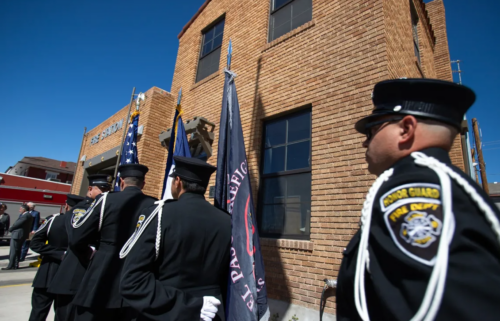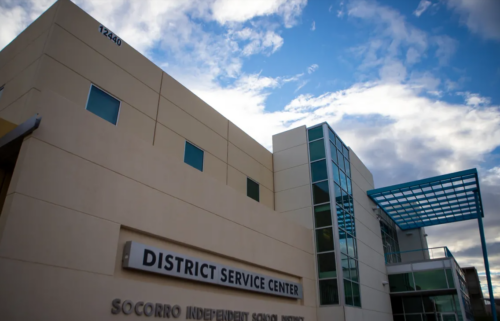‘Very bad situation’: EPFD warns of dangers of carbon monoxide poisoning when temps dip

EL PASO, Texas (KVIA) -- Severe winter weather across Texas is causing a surge in carbon monoxide poisonings. One Houston hospital reported 80 cases of carbon monoxide poisoning last Monday. Police also reported that a woman and an eight-year-old child died in Houston of carbon monoxide poisoning after a car was left running for heat, according to ABC affiliate KTRK.
El Paso Fire Department officials told ABC-7 they respond locally to about four or five carbon monoxide calls each week during colder months.
Carbon monoxide is a silent killer: a poisonous gas you can't see or smell. Carbon monoxide is produced when fuel is burned in cars or trucks, fireplaces, gas ranges and furnaces. It can build up indoors and poison those who breathe it.
The CDC offered these tips to stay safe. Don't use portable, flameless, chemical heaters indoors. Have chimneys cleaned or checked annually. Never use an oven for heat. Never use a generator inside a home, garage or less than 20 feet away from any window, door or vent. Do not run a car or truck inside a closed garage. Do not run a vehicle in an open garage if the garage is attached to a home. Have a mechanic check the exhaust system of your vehicle every year. Never burn charcoal indoors. Never use a portable gas camp stove indoors.
Wyatt Schmidt, a fire inspector and paramedic with the El Paso Fire Department said having a carbon monoxide detector is essential.
"You can't smell carbon monoxide," Schmidt said. "It is, however, affecting your body when you inhale it, so that's a very bad situation to be in."
Many detector devices will contain a combination of a smoke alarm and carbon monoxide detector. However, a smoke alarm alone will not protect an individual from carbon monoxide poisoning.
Schmidt urged Borderland residents to consider the signs and symptoms of carbon monoxide poisoning too.
"If you start feeling the signs or symptoms, lightheadedness, a headache, some trouble breathing, nauseated, get out of the house," he said. "Call 911 away from the house."




